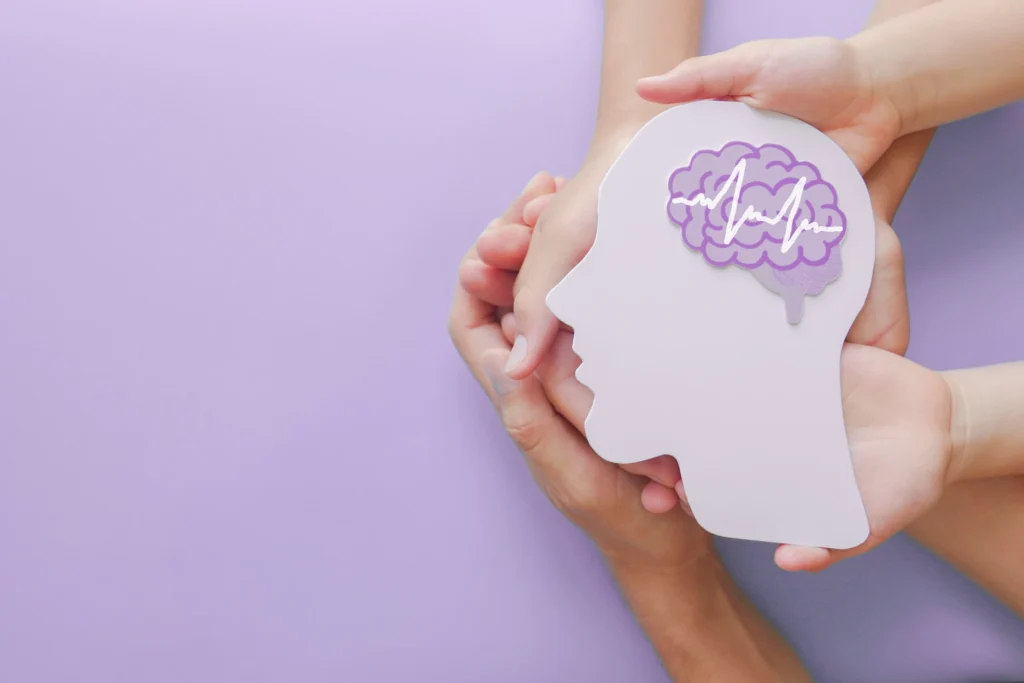
Did you know that science has proven that there is a very simple ingredient to having a happier and healthier brain, and as a matter of fact, this simple ingredient can even make you live longer? It is so simple, actually, that you might even doubt how incredibly important this ingredient, or should I say mindset, is… Gratitude.
I live with and care for a 95 year old woman with Alzheimer’s named Jean. As you may guess, because of the Alzheimer’s, Jean and I have many of the same conversations every day – same little jokes, same questions answered, same discussions about life. One thing that never changes with every conversation I have with Jean is the depth of her gratitude. Every single thing I do for Jean, as insignificant as it may seem to me, Jean always expresses her gratitude. Heck, I could serve her a bagel with peanut butter and Jean acts as if I just served her the most amazing meal in the entire world. I water the plants, and Jean tells me how thankful the plants are for the water I just gave. I brush her hair, and she thanks me way beyond what I deserve. Just last week, I opened a window and we noticed how noisy all the cars driving down Ortega Hwy were. Rather than complain about the noise, Jean’s response was to immediately pray, “God, watch over all of those people driving down Ortega Hwy. Keep them safe, and get them to where they are going. Bless them.” One of the many blessings of living with Jean is that I have become more convinced than ever that the science behind how gratitude impacts our brain and our lives is true. Jean is 95 years old and doing amazing, and I truly believe that much of that has to do with her content and GRATEFUL mindset.
As for the science behind gratitude, neuroscientist, Dr. Michael Merzenich explains in the video I share below that two-thirds of the average person’s DAILY thoughts are negative. Two-thirds! Yikes, that is the majority of our thoughts! The problem with this is that, just as gratitude and positive thoughts produce chemicals in the brain that are helpful to our bodies, negative thoughts, worry, and anxiety produce chemicals in our brain that are harmful to our bodies. The overproduction of cortisol – the chemical produced when we are stressed – can cause sleep issues, depression, weight gain, and long-term health problems. Conversely, a gratitude mindset produces more dopamine and serotonin in the brain, which promotes happiness and contentment. It also lowers our cortisol levels, increases our memory and ability to learn, improves our sleep, increases our energy, increases our self-esteem, helps to build resilience, and can help us LIVE LONGER. This is a big deal my friends!
So how do we practice the art of gratitude and experience the benefits it can provide to our bodies? It is just like anything else, it is as simple as making the decision to put effort into it. Start each morning writing in a “gratitude journal” about all of the things you are grateful for – take the time everyday to realize how much there is to be grateful for – the air we breath, the beds we sleep in, the beauty of the world around us, the fact that we have another day to live. Become more aware of the negative thoughts you think and the negative words you say to others, and try to replace them with life giving words of gratitude. I have found that, even in the darkest of days, I can always find something to be thankful for. As you practice a mindset of gratitude, you will find that your contentment with life grows, and you will be doing a much better job of caring for and nourishing your brain.
To learn more about gratitude and the brain, check out these short videos:
Wishing you all a joy-filled week! : )



